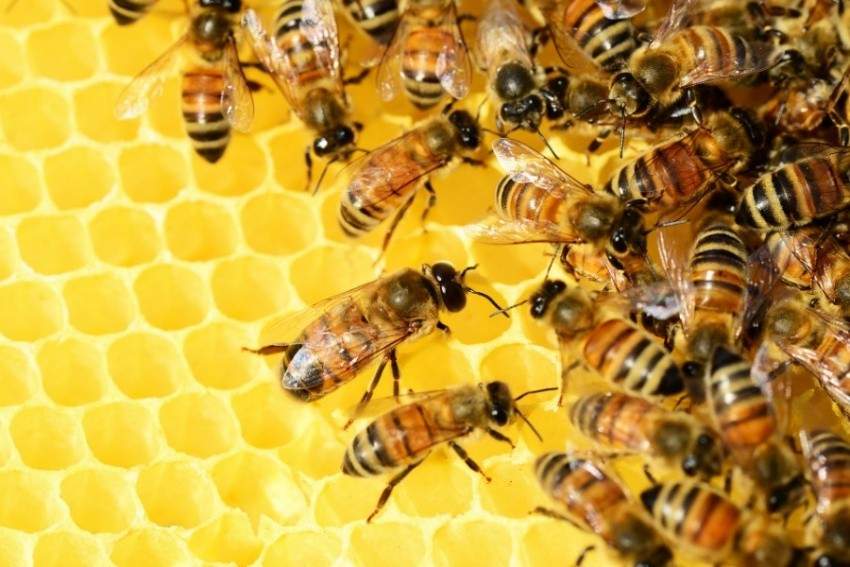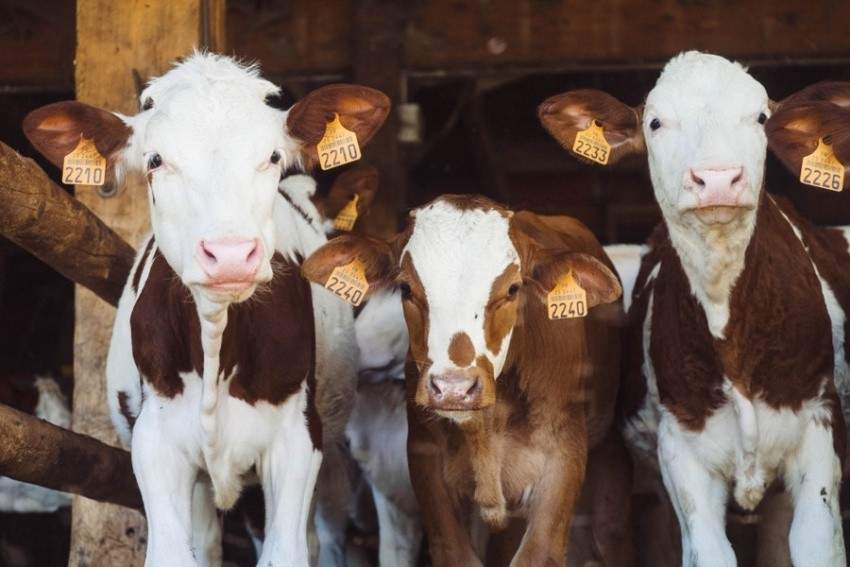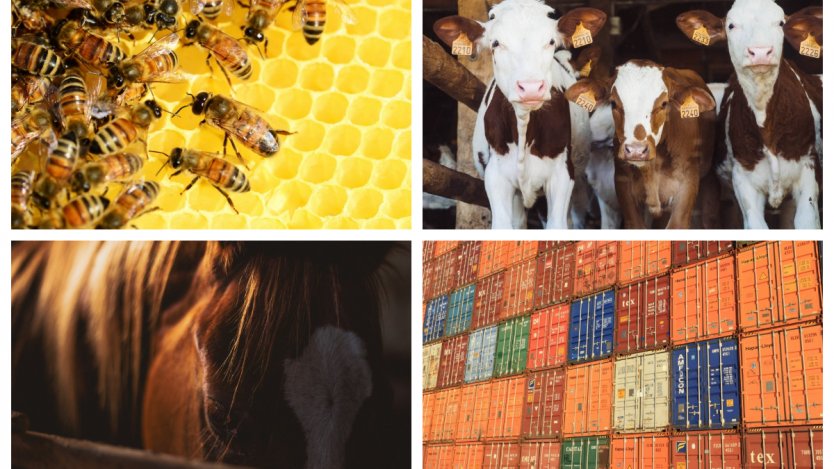The activities of the Honourable Minister of Agriculture and Agri-Food dominated the news this week, thanks to Marie-Claude Bibeau's recent circuit through the Prairies. In Edmonton, she announced a $24.4 million investment through Canada’s new food policy to help Canada crack down on potential food fraud. Shortly thereafter, she revealed that the Canadian Food Inspection Agency (CFIA) has blocked nearly 12,800 kg of adulterated honey from entering the Canadian market.
In less heartening news, a study out of Montreal recently reported that nearly half of the calories consumed by adults in Canada come from ultra-processed foods, which can be directly linked to the increasing number of health-related issues Canadians are facing. While consuming more fresh fruits and vegetables is an obvious solution, many Canadians are finding the obstacle of rising food costs to be too difficult to overcome.
However, following the model of the Little Free Library, some Canadians have taken it upon themselves to set up miniature food pantries in their communities to help those who struggle with food security. The initiative not only helps neighbours in need, it also mitigates any reservations individuals might have about seeking help from food shelters.
Here are six stories you might have missed in food news this week.
Canada cracks down on food fraud

This week, the Minister of Agriculture and Agri-Food visited MacEwan University to announce a $24.4 million investment through Canada’s new food policy to help Canada crack down on food fraud. The investment will help the CFIA to prevent mislabelling and misrepresentation of food products in order to protect consumers from deception and companies from unfair competition.
Head to Newswire for more.
Federal government prevents nearly 12,800 kg of adulterated honey from entering market

After announcing Canada’s investment in the fight against food fraud, the Minister of Agriculture and Agri-Food announced this week that thanks to surveillance and enforcement by the CFIA, the federal government blocked close to 12,800 kg of adulterated honey from entering the Canadian market. The adulterated honey was said to be valued at around $77,000.
Find out more at Food in Canada.
Processed foods linked to serious health risks

A recent study commissioned by the Heart and Stroke Foundation of Canada found that nearly half of the calories consumed by adults in Canada come from ultra-processed foods. The study, which was conducted by researchers at the University of Montreal, suggests that the health risks from consuming processed foods at such a high rate has a direct correlation with high blood pressure, diabetes, gastrointestinal problems, and depression.
Get the full breakdown at The Star.
Animal welfare advocates launch lawsuit against CFIA

The Canadian Horse Defence Coalition (CHDC) has filed a lawsuit against the CFIA, claiming that horses being shipped to Japan and South Korea for human consumption are facing inhumane and unsafe conditions during transportation. While the CFIA has stated that their policies are, in fact, safe, a lawyer for the CHDC claims that the conditions the horses experience cause distress and danger.
Read more at CBC News.
Canadians find unique way to combat food insecurity

As Canadian food costs continue to rise, so too does food insecurity for many Canadians. Following the success of the Little Free Library initiative, a new trend of setting up miniature free pantries in Canadian neighbourhoods has begun to catch on.
Head to Times Colonist for more on this encouraging trend.
Federal Government invests in Canadian beef

In 2018, the Canadian beef industry exported around $2.75 billion to 60 countries. This week, the Minister of Agriculture and Agri-Food attended the Calgary Stampede and announced a new investment of $8.3 million for projects to support Canada’s beef industry.
Find out more at Food in Canada.













